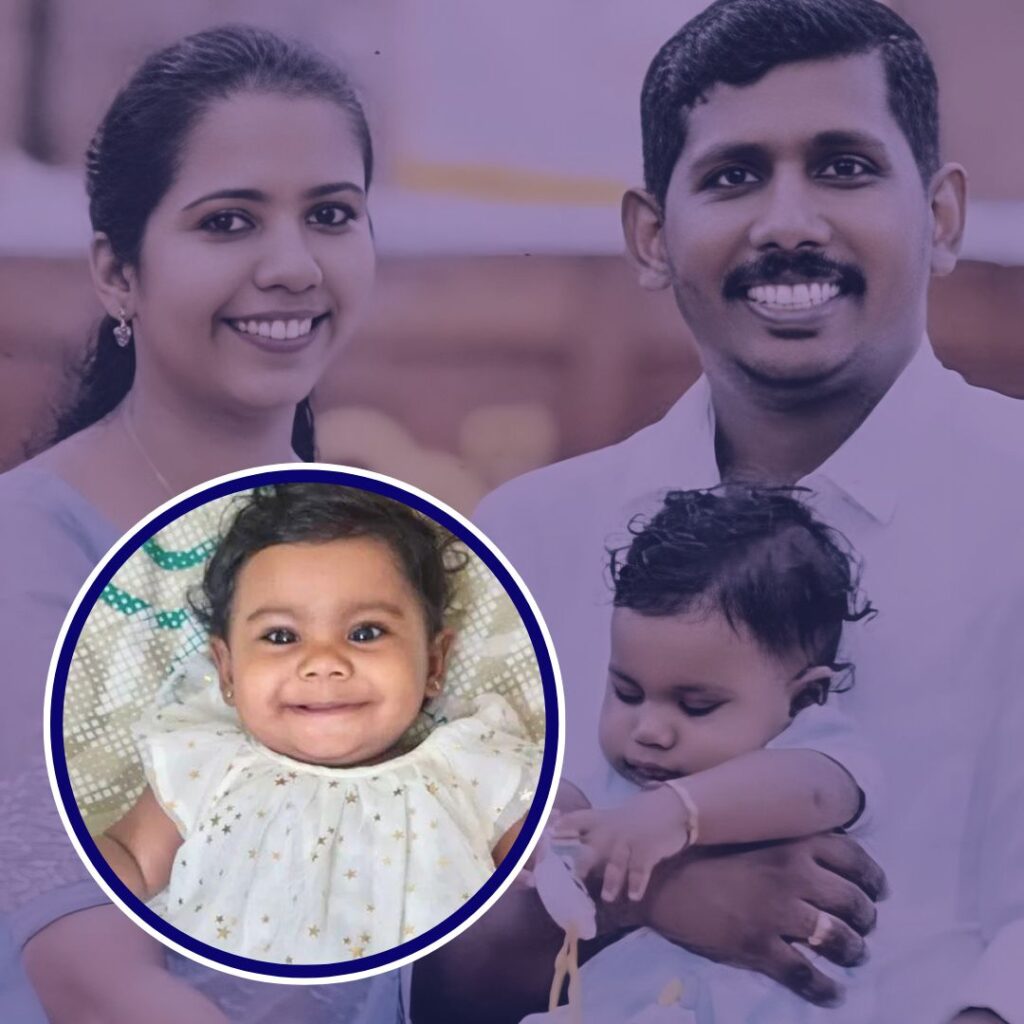As the COVID-19 cases rising all over the world at an alarming rate, few countries have managed to ‘flatten the curve’. Timely measures introduced in these countries have led to the containing the spread of the deadly virus to a larger extent. All the countries which have successfully flattened their curve have one thing in common, they are all headed by women.
Countries such as New Zealand, Taiwan, Norway, Finland and Denmark, which are all led by women, have outperformed developed nations like the United States, Italy, and China. Their game plan seems to highlight a consensus mode of operation: Early, decisive action.
New Zealand
On Marchâ23, Prime Minister Jacinda Ardern, in a statement gave the country 48 hours to prepare for a Level 4 lockdown. ‘We currently have 102 cases, but so did Italy once,’ she said.
New Zealand has reported 1,386 confirmed cases of COVID-19 so far out of which 728 have recovered and 9 people have lost their lives.
Image Source: Ministry of Health New Zealand
According to a Washington Post report, that two days later, everyone was to stay at home for four weeks barring people working in the essential sector, such as health care, or were going to the supermarket or exercising near their home.
Messages saying, ‘Act as if you have COVID-19. This will save lives, Let’s all do our bit to unite against COVID-19,’ were sent to the citizens. Reportedly, the curve peaked at 89 on Aprilâ2, since then the daily number of new cases have been ticking down with minor fluctuations.
Most of the cases can be linked to international travel, making contact tracing relatively easy, and many are consolidated into identifiable clusters.
Taiwan
Taiwan President Tsai Ing-wen has won global praise for the government’s response to the coronavirus pandemic, despite being frozen out of the World Health Organisation.
Taiwan has reported 393 confirmed cases of COVID-19 so far out of which 124 have recovered and six people have lost their lives.
President Tsai Ing-wen has won global praise for the government’s response to the coronavirus pandemic, despite being frozen out of the World Health Organization.
Having to rely on itself to fight the virus, Taiwan utilised a combination of early vigilance, proactive measures, and transparency with its citizens. The president set up an epidemic command centre, ramped up production of personal protective equipment such as face masks.
A report by Foreign Policy said that under Tsai Ing-wen’s leadership, Taiwan’s borders were sealed on March 19. Being only 110 miles from China, Taiwan took special measures such as inspecting plane passengers coming from Wuhan starting December 31, banning Wuhan residents on January 23, suspending tours to China on January 25, and eventually banning all Chinese visitors on February 6.
Germany
Germany has reported the largest-scale coronavirus testing program in Europe, conducting 350,000 tests each week, detecting the virus early enough to isolate and treat patients effectively.
Germany has so far reported 132,210 confirmed cases of COVID-19 so far out of which 68,200 have recovered and 3,495 people have lost their lives.
Led by Chancellor Angela Merkel, out of the closed cases (recoveries plus deaths) Germany’s ratio stands at 95 per cent. ‘We have to understand that many people will be infected. The consensus among experts is that 60 to 70 per cent of the population will be infected as long as this remains the situation,’ Merkel said.
She urged people to social-distance as early as March 11.
A New York Times report described the Merkel addressing the press ‘a reminder of the woman who for much of the past 14 years has been the rock in European politics. She is the leader who reassured savings account holders during the financial crisis; who held the euro area together in the sovereign debt crisis; and who was celebrated, at least in many quarters, as the defender of liberal values after her decision to welcome over a million migrants in 2015.’
Norway
To track the rate of transmission, Norway Prime Minister Erna Solberg’s administration has collaborated with Norway’s largest mobile operator, Telenor. According to a BBC report, Telenor is collaborating with the Norwegian Institute of Public Health to help them track the spread of the virus.
Norway has reported 6,623 confirmed cases of COVID-19 so far out of which 32 have recovered and 139 people have lost their lives.
In a compassionate gesture, on March 17, Solberg held a press conference to address kids in the country and told them that it is alright to be scared over coronavirus.
Finland
Finland has so far reported 3,161 confirmed cases of COVID-19 out of which 300 have recovered and 64 people have lost their lives.
The daily death rate has dropped since April 6. Of its 300-closed cases, it has a 88 per cent recovery rate. Prime Minister Sanna Marin’s government reportedly, confirmed it was extending by a month most of the restrictions imposed to contain …












